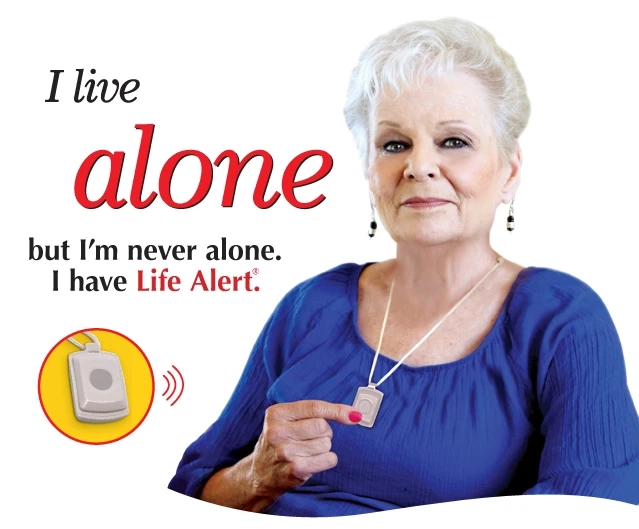Traveling can be an enriching experience at any age, and seniors are no exception. However, it’s important to travel safely. Whether you're planning a weekend getaway or an international adventure, this guide offers valuable tips to ensure safe and enjoyable trips for seniors.
Pre-Travel Planning for Seniors
Consult Your Healthcare Provider: Before embarking on any trip, consult your healthcare provider for a thorough checkup. Discuss your travel plans, medications, and any specific health concerns. Ensure you have an adequate supply of medications for the duration of your trip, along with a copy of your prescriptions.Choose Travel Destinations Wisely: Consider destinations that are senior-friendly and align with your interests and physical abilities. Research whether the chosen location offers accessible accommodations, healthcare facilities, and transportation options.Travel Insurance: Invest in travel insurance that covers medical emergencies and trip cancellations. Verify that the policy addresses pre-existing medical conditions and offers comprehensive coverage for your specific needs.Medical ID Jewelry: Wear a medical alert necklace or bracelet that contains essential health information. This jewelry can be vital in emergencies as it quickly communicates your medical conditions, allergies, and emergency contact information to healthcare providers.Packing Tips for Seniors
Pack Medications and Essentials: Ensure you have an ample supply of medications and any necessary assistive equipment, such as a spare cane or walker. Keep medications in their original containers with clear labels.Carry Important Documents: Carry copies of important documents, including your medical records, insurance information, and emergency contact numbers. Store these documents in a secure, waterproof pouch.Comfortable Clothing and Footwear: Pack comfortable clothing suitable for the destination's climate and any planned activities. Don't forget to include sturdy, supportive footwear for walking and exploring.Safety During Travel
Stay Hydrated: Dehydration can be a concern during travel, especially in hot or dry climates. Drink plenty of water to stay hydrated, and limit caffeine and alcohol consumption, which can contribute to dehydration.Use Luggage with Wheels: Choose luggage with wheels or lightweight suitcases to reduce the physical strain of carrying heavy bags.Plan Rest Breaks: If you have a long journey, plan regular rest breaks to stretch your legs and reduce the risk of blood clots. Similarly, in-flight exercises and ankle rotations can help improve circulation during air travel.Secure Valuables: Keep valuable items, such as passports, money, and electronics, in a secure travel pouch or hotel safe. Avoid displaying expensive jewelry or accessories that may attract unwanted attention.Accommodation and Transportation
Accessible Accommodations: When booking accommodation, inquire about accessible rooms or units with features like grab bars, shower benches, and wheelchair ramps if needed. Verify that the lodging meets your specific mobility requirements.Airport Assistance: Many airports offer assistance for seniors with reduced mobility. Request wheelchair service or other forms of assistance when booking your flight to navigate the airport with ease.Transportation Options: Explore transportation options that suit your needs, whether it's using accessible public transit, renting a mobility scooter, or arranging for door-to-door transportation services.Stay Connected and Informed
Share Your Itinerary: Share your travel itinerary, including flight details, accommodations, and contact information, with a trusted friend or family member who can assist in case of emergencies.Local Emergency Numbers: Familiarize yourself with local emergency contact numbers, healthcare facilities, and the nearest embassy or consulate at your destination.Emergency Communication Device: Carry a fully charged cell phone with emergency contact numbers programmed. Ensure you have a universal charger and a portable power bank for extended use.Medical ID Jewelry for Seniors: A Lifesaving Accessory
A medical alert necklace or bracelet can be an invaluable safety accessory for seniors during travel. These provide crucial information to healthcare providers when you're unable to communicate.
Here's why a necklace for life alert notifications is a must for seniors:
Instant Information: In case of a medical emergency, medical ID jewelry provides instant access to vital information about your health conditions, allergies, medications, and emergency contacts. This information can significantly aid the speed and accuracy of treatment.Clear Communication: Medical ID jewelry communicates your medical needs clearly and concisely. This is especially important when traveling abroad, where language barriers can complicate emergency situations.Peace of Mind: Wearing a necklace for life alert assistance can offer peace of mind to both you and your loved ones. It ensures that healthcare providers have the necessary information to provide you with the best care possible.Customization: Medical ID jewelry can be customized to include specific details relevant to your health condition. This may include chronic illnesses, allergies, implanted devices, or instructions regarding medications.Durable and Discreet: These accessories are designed to withstand daily wear and are available in various styles to suit your preferences. They are discreet, so you can wear them comfortably without drawing unnecessary attention.Global Recognition: Medical ID symbols, such as the caduceus or Star of Life, are universally recognized, ensuring that emergency responders anywhere in the world will understand their significance.When choosing medical ID jewelry:
Include essential information, such as your name, medical conditions, allergies, medications, and emergency contacts.Ensure the jewelry is comfortable and durable for long-term wear.Inform your travel companions about your medical ID and its importance.In addition to medical ID jewelry, consider carrying a medical information card in your wallet or purse. This card can complement the information on your jewelry and provide additional details about your health.
Conclusion
Traveling as a senior can be a fulfilling experience. With the right safety measures in place, you can explore the world with confidence, allowing you to make the most of your golden years.


